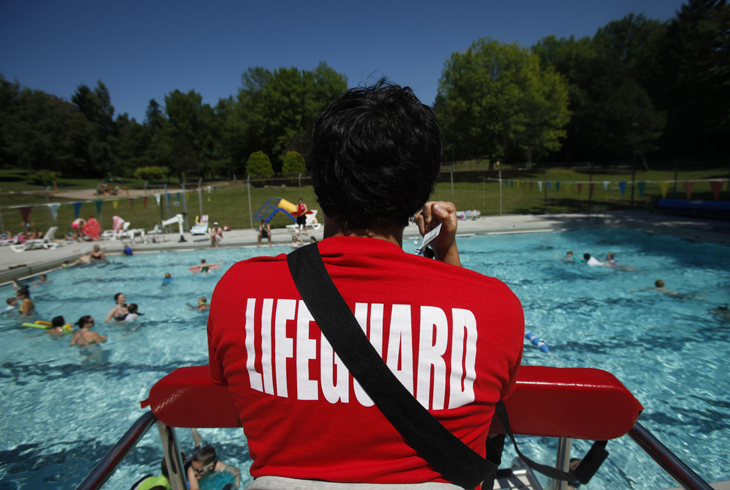1. Why Lifeguard Training is Essential
Lifeguard training is not just about learning to swim; it’s about mastering life-saving skills that can make a difference. With drowning being a leading cause of accidental death, having trained lifeguards on duty is crucial for public safety at pools, beaches, and recreational areas. The American Lifeguard Association (ALA) is committed to providing comprehensive training that empowers individuals to protect lives.
2. Finding Lifeguard Training Near You
Searching for lifeguard training near me can yield numerous results, but choosing the right program is vital. The American Lifeguard Association offers localized training sessions tailored to your area, ensuring that you can access quality instruction without extensive travel. With convenient locations and schedules, becoming a certified lifeguard has never been easier.
3. What to Expect from ALA Training Programs
When you enroll in a lifeguard training program with ALA, you can expect a rigorous curriculum that covers essential skills such as CPR, first aid, and water rescue techniques. Our experienced instructors focus on practical, hands-on training to prepare you for real-life scenarios. You’ll leave with the confidence and competence needed to perform effectively as a lifeguard.
4. Course Structure and Duration
Our lifeguard training courses typically span several weeks, combining classroom instruction with practical skills sessions. Classes cover topics such as lifeguarding principles, emergency response, and aquatic safety. The structure is designed to accommodate different learning paces, making it suitable for both beginners and those looking to renew their certifications.
5. Certification and Beyond
Upon successful completion of the ALA lifeguard training program, you will receive a certification that is widely recognized and respected. This certification not only qualifies you to work as a lifeguard but also enhances your resume, making you more attractive to potential employers in the aquatic industry.
6. The Importance of Lifeguard Skills in Everyday Life
The skills acquired during lifeguard training extend beyond the pool or beach. Learning first aid and CPR equips you to handle emergencies in everyday situations, from family gatherings to community events. By training with ALA, you not only prepare for a job but also gain invaluable life skills that can help save lives in various contexts.
7. Flexible Training Options
Understanding that life can be busy, the American Lifeguard Association offers flexible training options. Whether you prefer evening classes, weekend sessions, or intensive courses, we have a program that fits your schedule. Our goal is to make lifeguard training accessible to everyone who wants to learn.
8. Join a Community of Lifesavers
When you train with ALA, you become part of a larger community dedicated to water safety. You’ll connect with fellow trainees who share your passion for helping others and have the opportunity to network with professionals in the field. This supportive environment enhances your training experience and fosters lasting friendships.
9. The Impact of Lifeguards on Community Safety
Lifeguards play a critical role in ensuring the safety of the community. Their presence at recreational facilities significantly reduces the risk of drowning and enhances the overall safety culture. By choosing to become a lifeguard through ALA, you are not just securing a job; you are making a commitment to protect your community and promote safety.
10. Enroll Today and Make a Difference!
If you’re ready to take the plunge and become a certified lifeguard, look no further than the American Lifeguard Association. Our upcoming training sessions are filling up fast! Visit our website or contact us directly to find a course near you and take the first step toward becoming a lifesaver. Together, we can make our aquatic environments safer for everyone.


